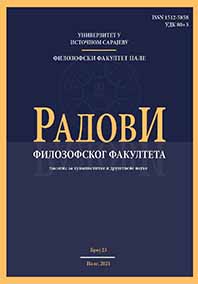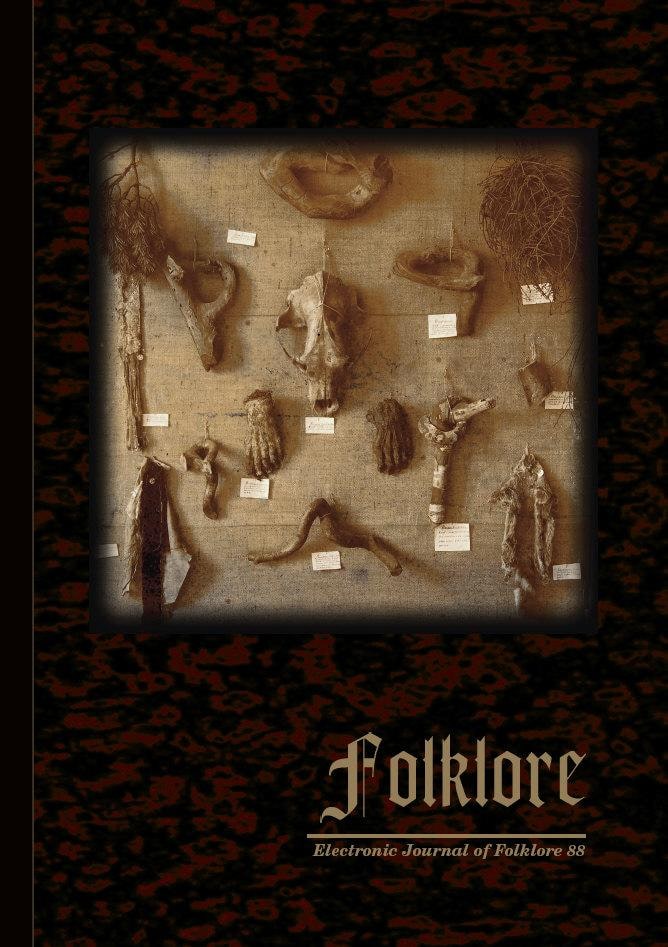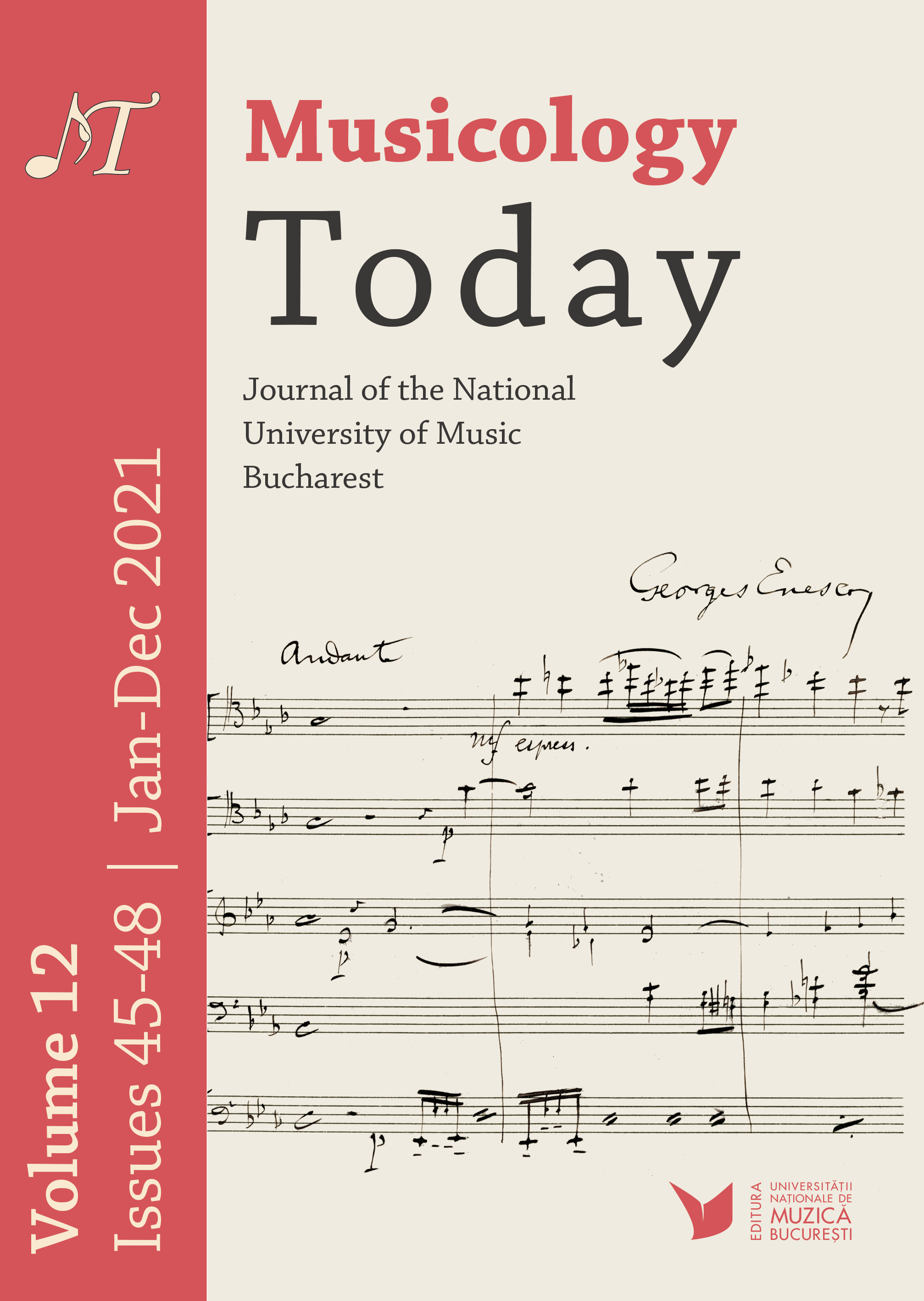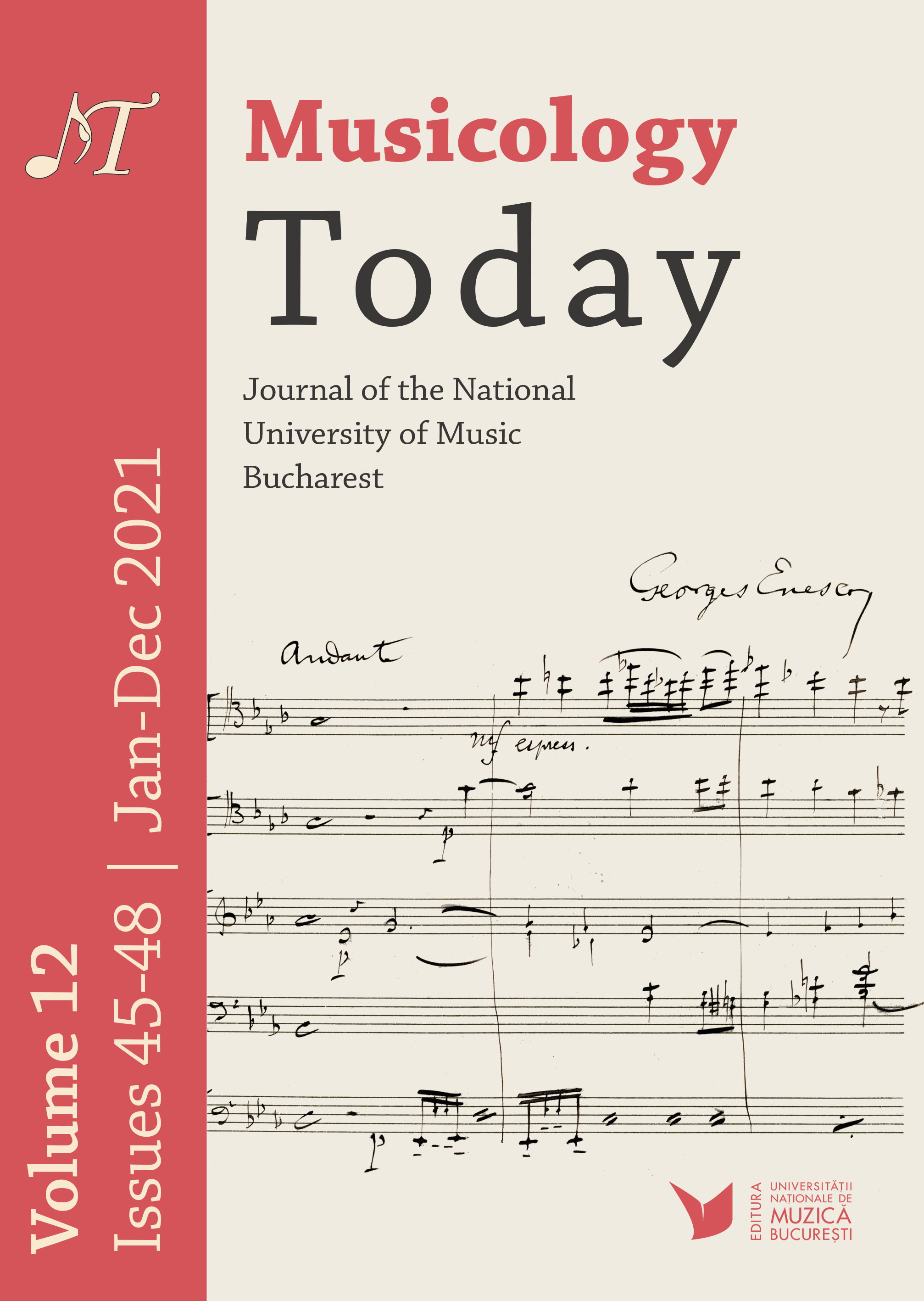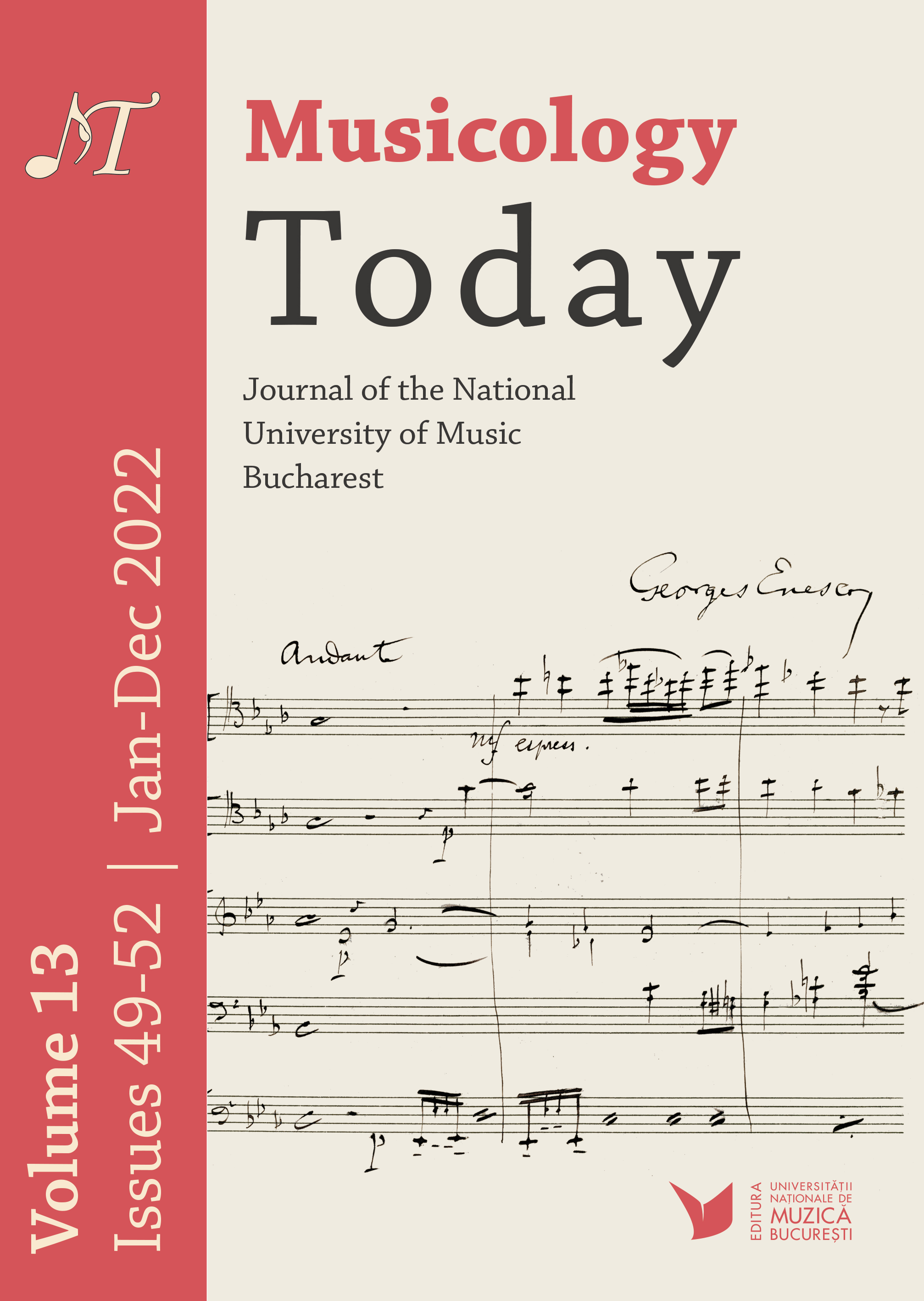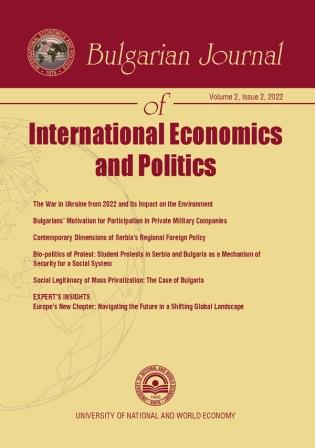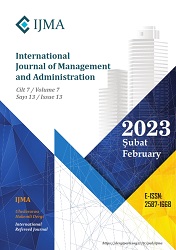
Impact of Demographic Factors on Emotional Intelligence in Selected Organizations in the Kathmandu Valley
Impact of Demographic Factors on Emotional Intelligence in Selected Organizations in the Kathmandu Valley
Keywords: Demographic Factors; Emotional Intelligence; Organization; Employees;
This study's main goal is to investigate how socio-demographic factors affect employees' Emotional Intelligence (EI), particularly in Kathmandu valley organizations. Cross-sectional, the quantitative study design was used; convenience sampling techniques and the sample size were calculated using Cochran's formula. However, the instruments tested content validity, factor analysis, reliability, and a pilot test. There were 35 EI questions, and socio-demographic features (gender, age, work experience, qualification, marital status, and EI training). Descriptive, Regression, and ANOVA test were utilized to accomplish the goal. The findings reveled that there was a significant relationship between EI with work experiences, EI training, marital status, and social media engagement. In this regards, researchers suggested that; EI is a skill that can be acquired, researchers suggest that; organizations should create a culture where emotional intelligence can be fostered. Factors such as social media engagement, work experiences, and EI training, play a role in an employee's success.
More...
